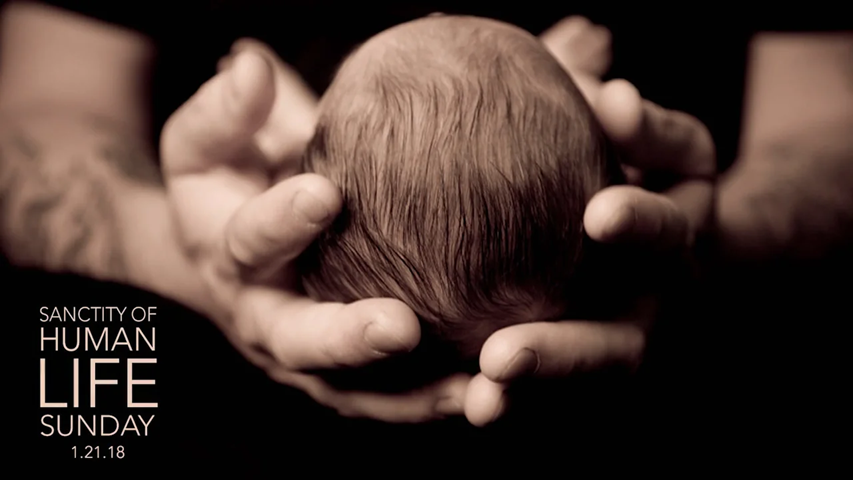The value of every human life is at the very heart of Christian faith. From the earliest chapters of Scripture, the Bible affirms that humanity is made in the image of God and worthy of love, dignity, and protection. In today’s world, one of the most tangible ways believers can demonstrate this truth is through adoption. By welcoming children into loving families, Christian adoptions not only provide stability and hope but also serve as a living expression of the Sanctity of Life.
The Biblical Foundation of Adoption
Adoption is not a new concept within the Christian worldview. Scripture repeatedly highlights God’s love for the vulnerable and His call for believers to care for orphans and widows. Paul uses the idea of adoption in the New Testament to talk about our connection with God. He wants to stress that believers are adopted into God’s family through Christ. This spiritual reality serves as a powerful foundation for physical adoption, where families mirror God’s love by opening their homes to children in need.
When Christian families step forward to adopt, they embody a biblical principle of care and compassion. They not only answer a social need but also demonstrate God’s heart for every child, affirming that life is sacred and worth protecting,
Organizations dedicated to offering refuge and home reflect this same calling, providing safe, loving environments where children can heal, grow, and feel truly valued.
Adoption as a Pro-Life Response
The conversation about the Sanctity of Life often centers around the unborn, but it extends far beyond birth. True pro-life advocacy is about supporting life at every stage. Adoption is one of the clearest expressions of this belief. It provides a life-affirming alternative to abortion, offering hope to mothers in crisis and a future to children who may otherwise face neglect, abandonment, or institutional care.
Christian adoptions transform the abstract idea of valuing life into concrete action. By choosing to adopt, families live out their faith in a way that defends and cherishes life, showing the world that every child—no matter their circumstances—deserves love and a place to belong.
Meeting the Needs of the Vulnerable
Across communities, thousands of children await the stability of a permanent family. These children may come from backgrounds of trauma, poverty, or neglect, carrying wounds that only love, patience, and care can heal. For Christian families, adoption becomes more than an act of compassion; it is a calling to reflect Christ’s unconditional love.
Churches play a vital role in supporting adoption, whether by raising awareness, providing financial assistance, or creating networks of care for adoptive families. Through these efforts, the broader Christian community can participate in protecting life and upholding its sacred worth.
Adoption as a Witness to the World
In a culture where the value of human life is often debated, adoption stands as a compelling testimony. Families who embrace adoption proclaim to the world that life is precious, even when it comes with challenges or uncertainties. They reflect the gospel truth that love is not earned but freely given, mirroring the way God has embraced humanity through Christ.
By connecting the principles of the Sanctity of Life with the practice of adoption, Christians have the opportunity to be both advocates and witnesses. Every adoption story becomes a declaration that life is not disposable but treasured, and that hope can be found even in the most difficult circumstances.
Conclusion
Protecting the Sanctity of Life is not merely a theological idea—it is a call to action. Christian adoptions provide a powerful way for believers to live out their faith by giving children a home, a future, and above all, love. Each adoption echoes the heart of the gospel, reminding the world that God values every life and that His people are called to do the same.
In a society searching for solutions to protect the vulnerable, adoption stands as a Christ-centered answer—one that protects life, nurtures hope, and reflects the unconditional love of God.








